My silent struggle: a letter to my brain, body and aching hunger
Last year, I relapsed. I was battling with my body, a silent struggle that defined my eating disorder.
Since high school, I’ve fought with an eating disorder. For me, it came in waves. I’d have phases where I felt my best, then slip back into old patterns. Nothing, however, was as bad as this time.
It was the summer of 2021, I had to collect my belongings and return to Chico after spending a year away. It was one of the most challenging transitions of my life. Friendships, connections and family were among the things I left behind. I was perfectly adjusted to the “stay at home” narrative. I wasn’t prepared to be alone again, which had an impact on everything.
Every night after I moved back, tears streamed down my face. My family and friends were missing from my life. Everyone felt excited to return to a college campus — except me. I felt depressed and didn’t know how to deal with it. Even though I’d been to college previously, things were different this time. I wasn’t a naive college freshman anymore; I was a junior with a broken heart and little time left to make the most of my college experience.
A change in environment is never easy. Since I was sad, I pushed myself to stay busy. I attempted to enroll myself in extracurricular activities. I took up internships, freelance artwork and exercise — in addition to my five classes. I discovered that keeping myself occupied tricked my brain. I thought I was healing, but I was just distracting myself.
My greatest challenge was academic perfectionism. I wanted to be perfect. I wanted to be the girl who did it all. Every single day, I would work. I would work for hours on end with no breaks. My sleep schedule and eating habits started to become irregular.
I felt myself slipping away and skipping meals. I couldn’t eat since I didn’t have time. I didn’t make eating a priority. Instead, I survived on very few nutrients and a lot of caffeine.
People develop eating disorders for many different reasons. Mine was partly stress-induced, but also out of body dysmorphia. I was obsessed with my appearance and constantly glanced at a mirror whenever I could.
Eating disorders are commonly developed during adolescence or as a young teenager. Young women often acquire them during their college years. It’s the combination of work overload, extreme stress and low self-esteem.
Eating disorders are more than appearing malnourished. Once your body adjusts to starvation, your metabolism slows down, unable to digest food. You’re low on energy and unable to focus. Your brain goes into hunger mode when it doesn’t receive enough calories. It may be difficult for you to fall asleep and stay asleep.
I became increasingly burnt out as the weeks melted together. I found it harder to eat, and when your body starves, you get tired. I would often isolate myself from my friends and those who cared about me. Even though I was so concerned with achieving my best in school, I was never happy with my academic performance.
I was so weak and exhausted that walking to school felt like a challenge. I began to feel depressed and lost control of my emotions. I recall moments of crying uncontrollably while gazing at my computer screen.
Unwarranted dieting in reaction to a distorted body image defined me. I knew that if I ate a full meal, it would hurt my stomach.
When I glanced in the mirror, I had no idea what I looked like. My body image was warped. I lost a piece of myself and lost all joy. I didn’t feel beautiful.
Just like any mental illness, an eating disorder is a silent struggle. Both your brain and body malfunction. It isn’t always easy to spot. People of all different sizes and shapes deal with it.
Only a select few knew I was struggling. I felt ashamed that I fell back into my old habits. I knew I was better than this, which only made it so much more difficult to accept. On the outside, I looked normal, but on the inside I was at war with myself.
As a female college student, it’s difficult not to compare yourself to others. Academically, I felt like I had to work twice as hard to be taken seriously. Physically, I found it hard to love the way I looked.
During the winter my eating disorder was at an all-time low. Right when I returned home for winter break, I went through a breakup and then got COVID. I was academically burnt-out from exams and was trying to patch up a broken heart combined with physical illness. I was hungry, sick and alone. I thought I was going to die. It was the worst period of my life.
The difficulties I experienced motivated me to get better. I knew that if I didn’t change, I would continue to suffer with illness. It was during this time where I have never felt this sick before. I wanted to be better and heal. When the new year arrived and I was COVID free, I felt compelled to make a lifestyle shift. I began to experiment with cooking. Preparing my own meals became an art form. I became the artist, the plate an empty canvas.
I gained a healthy relationship with food again knowing it’s something I can control. I found a love for following recipes step-by-step and observing the final product. I also realized how energetic I felt when giving myself proper nutrients.
Recovery is never easy after long periods of bad habits. I worked hard to be patient with myself and to take things one step at a time. I tried to accept the shift, and when I did fall, I didn’t remain down for long. Instead, I shook off the dirt and started over. No matter how many times I failed, I never gave up.
I slowly stopped associating eating with stress. I knew if I wanted to feel good, I had to put good food in my body. I started to eat on a schedule which immensely helped with my recovery.
These days, I make sure to eat nutritious, well-balanced meals and exercise consistently. I learned to enjoy the process. I like taking care of myself and going about my daily routine. I’ve also discovered that the individuals in my life are far more helpful and understanding than I ever imagined.
I’m now at one of the most enjoyable periods of my life. I enjoy my college experience. I’m so glad I get to share it with my closest friends. A friend told me that I look happier, which means more than anything.
To anyone struggling with an eating disorder: It will get better, as corny as it sounds. Reach out to someone, a healthcare professional or a trusted, outside resource if you or a loved one thinks they may have an eating disorder. If you’re worried about yourself or a loved one, the greatest thing you can do is get treatment — right away.
Resources for those struggling:
National:
National Eating Disorder Association Hotline
Better Help
EQUIP
ANAD
Local:
Eating Disorder Therapists in Chico
Wildcat Counseling Center
Jolie Asuncion can be reached at [email protected]




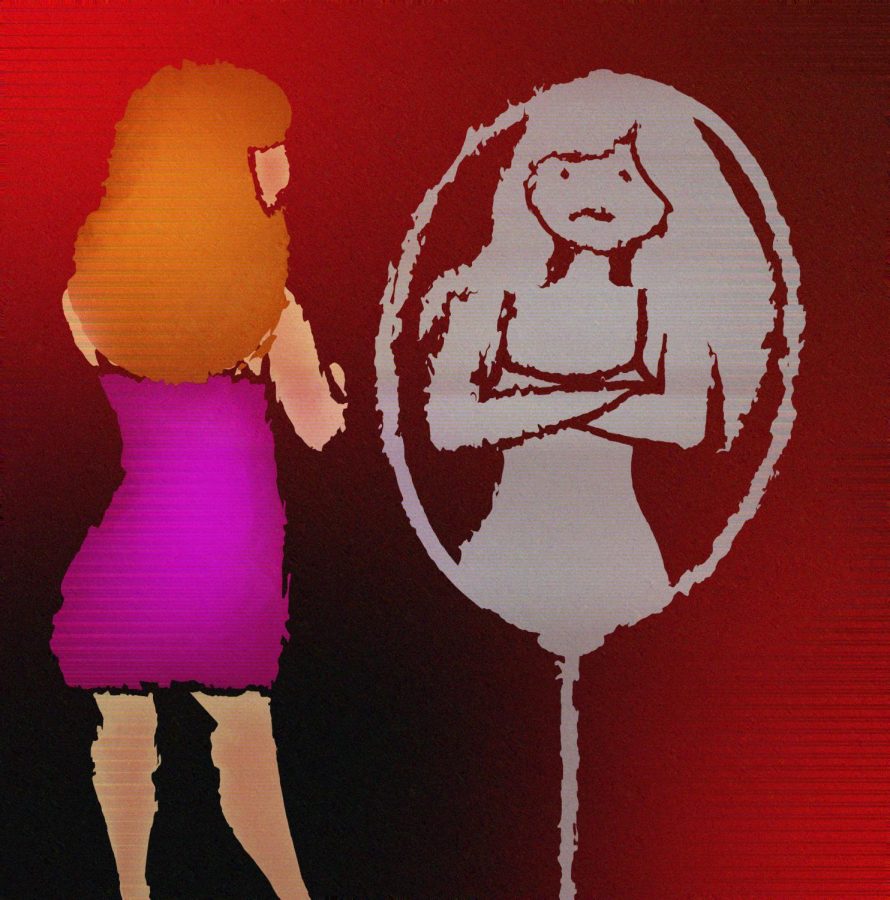
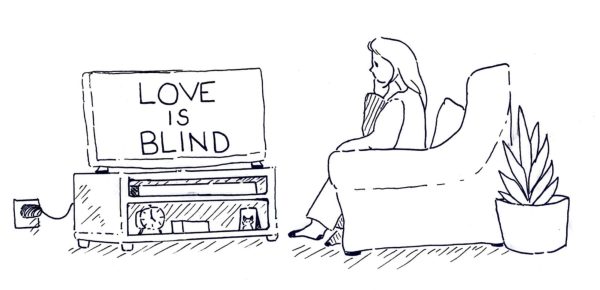
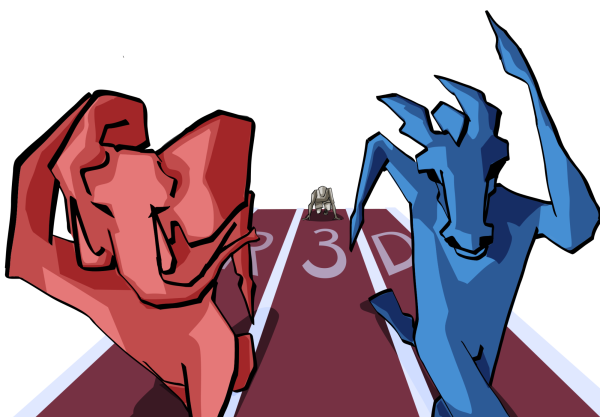
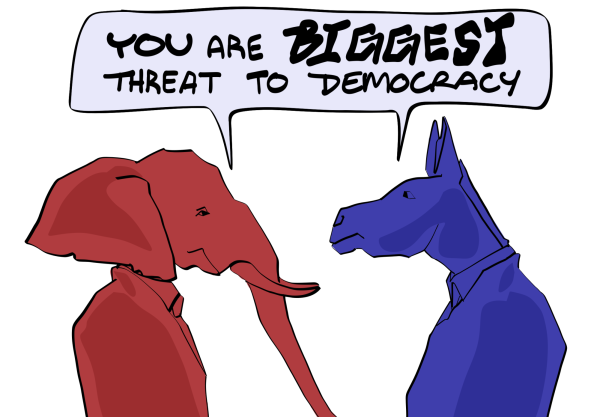
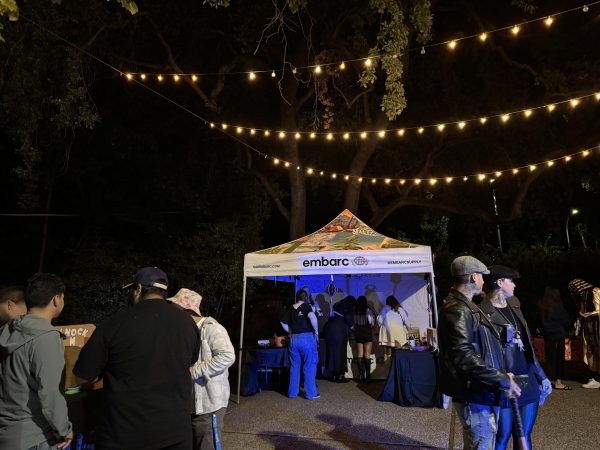
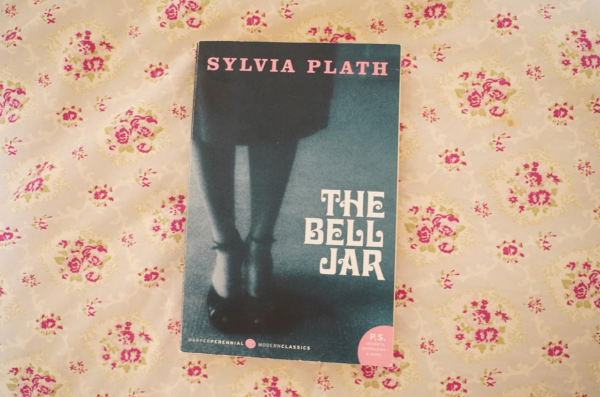
Gostlin kAren // Apr 15, 2022 at 8:41 pm
Thank for sharing
Adam Coil // Apr 15, 2022 at 12:42 pm
beautiful article, Jolie!